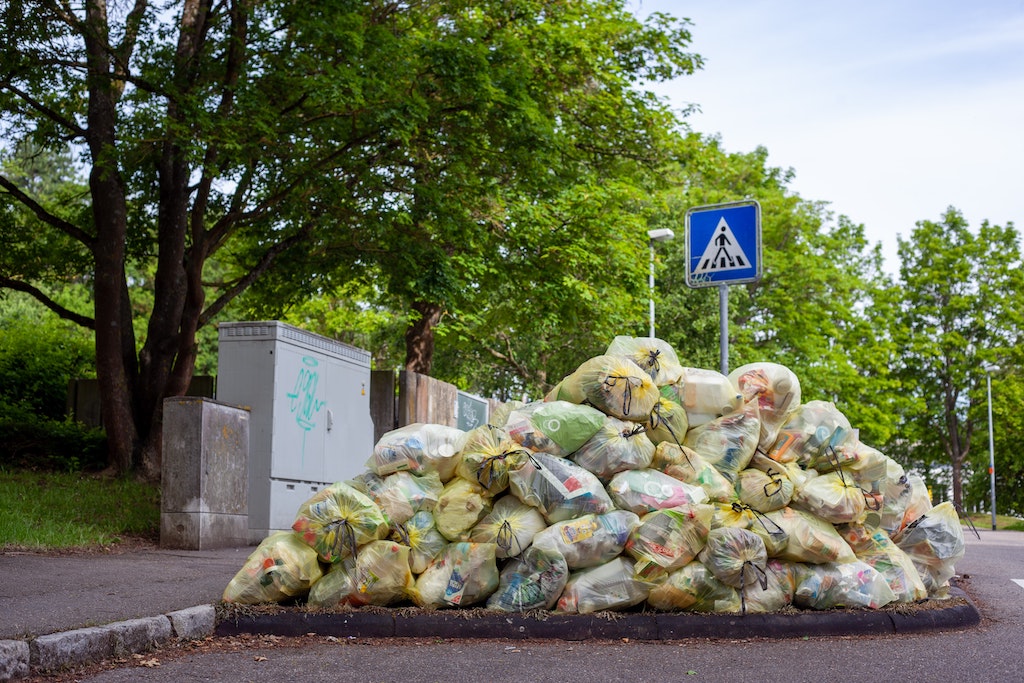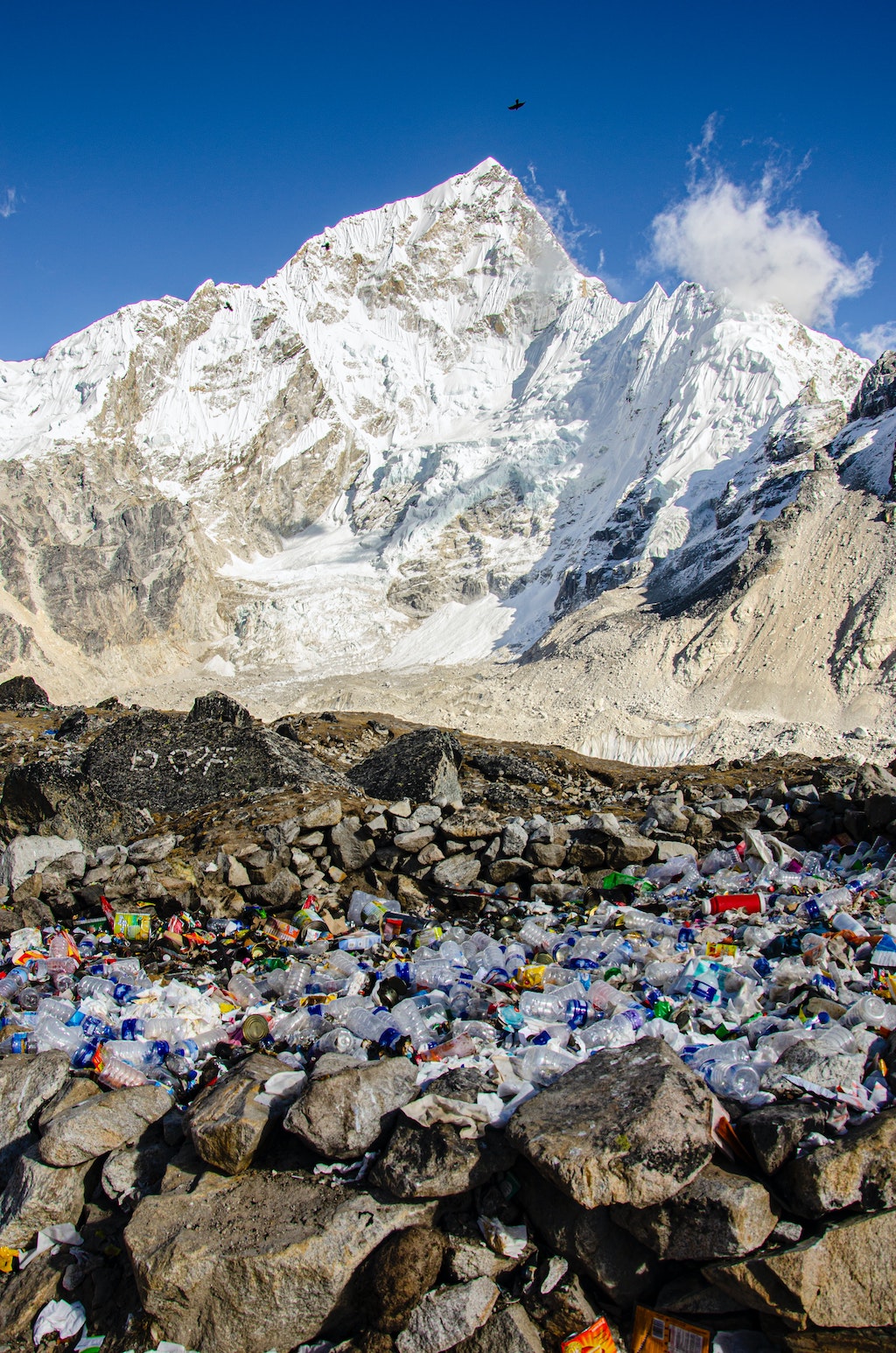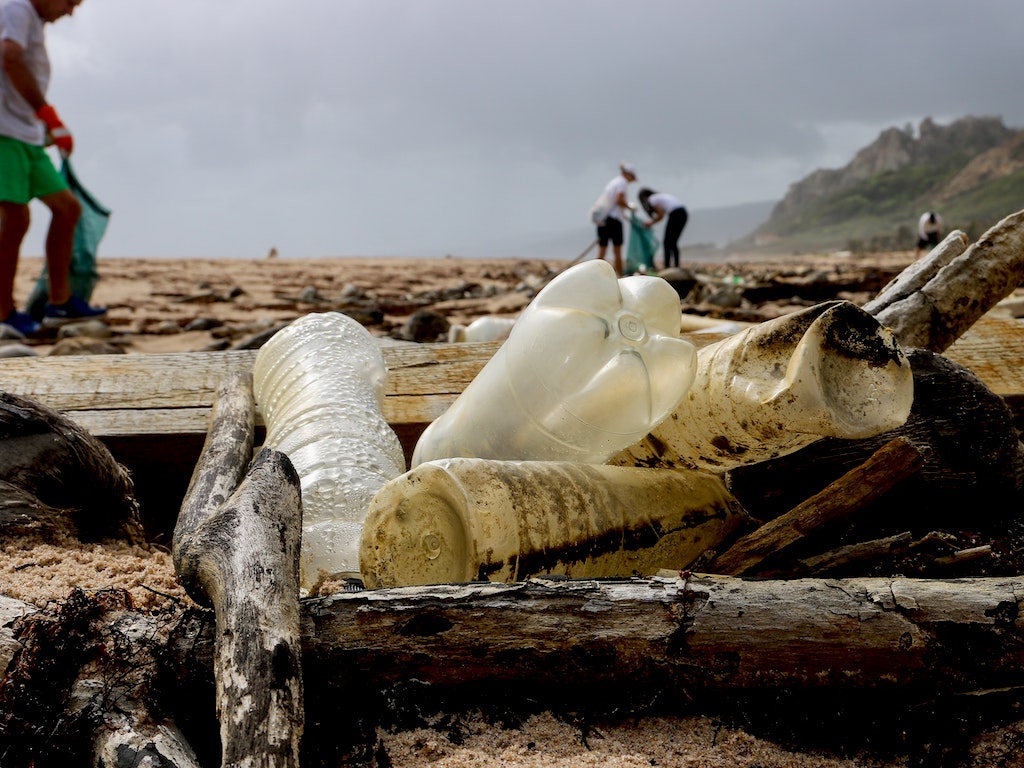3 Mins Read
Emissions from plastic pollution could lead to irreversible effects on our planet, a new study has warned. Examining the global plastic threat, scientists say we are already on the way to reaching this “tipping point” on a worldwide scale. A drastic reduction in plastic emissions is the only “rational policy response” left, they concluded.
Researchers from Sweden, Norway, and Germany are warning of an irreversible tipping point in plastic emissions. The study, which investigated plastic pollution as a worldwide threat, was recently published in the journal Science.
Plastic emissions refer to the ongoing emissions that come from plastic pollution. Not only do plastics require fossil fuels to produce, but they are also “poorly reversible pollutants” that do not degrade in the environment. Because of their persistence, their emissions are ongoing as they accumulate in the environment.
Plastic emissions still rising, despite awareness
At current levels of consumption—what scientists call a business-as-usual scenario—plastic emissions are expected to double from 2016 levels by 2025.
Plastic is so pervasive globally, found everywhere from Arctic snow to deserts, and even detected in the blood samples of children. And plastics, which are poorly reversible pollutants, build up even more emissions in a process the scientists call “weathering”.
“Plastic is deeply ingrained in our society. It leaks out into the environment everywhere, even in countries with good waste-handling infrastructure,” commented lead author Professor Matthew MacLeod of Stockholm University.

Despite the fact that consumers are more concerned about plastic than ever before, we’re still using too much. And the recycling “solutions” that exist are failing to tackle the problem.
“Recycling of plastic has many limitations,” says co-author Mine Tekman, a PhD candidate at the Alfred Wegener Institute in Germany. “Countries that have good infrastructures have been exporting their plastic waste to countries with worse facilities.”
Read: Half of ocean plastic waste is takeaway food packaging, study finds
Remote environments under threat from plastic
As plastic undergoes weathering, many of the world’s most remote environments are under the greatest threat of all. This is because the pollution can’t be removed by clean-up activities, leaving behind debris that breaks down into microplastics. Microplastics are then broken down further into nanoplastic particles.
At this point, it could be impossible to remove plastic from the environment altogether. In other words, plastic emissions left in remote areas are particularly vulnerable to reaching this irreversible tipping point.
“Plastic in the environment is a constantly moving target of increasing complexity and mobility,” explains co-author and Professor Annika Jahnke of RWTH Aachen University. “Where it accumulates and what effects it may cause are challenging or maybe even impossible to predict.”

Read: EU just banned single-use plastics – here’s what you need to know
Triggering knock-on effects
Scientists also warned that this tipping point could lead to more damage to the climate and wildlife. For example, plastic can act as an additional stressor to overfishing in the ocean. Or it could make habitat loss due to rising sea temperatures worse by releasing chemicals.
“Right now, we are loading up the environment with increasing amounts of poorly reversible plastic pollution,” said MacLeod. “If weathering plastic triggers a really bad effect we are not likely to be able to reverse it.”
The team of scientists concluded that the only “rational” way forward is to take drastic action. It would involve a huge reduction in consumption, improving recycling technologies, and finding real solutions that target the “root” of plastic waste.
“The cost of ignoring the accumulation of persistent plastic pollution in the environment could be enormous,” MacLeod continued. “The rational thing to do is to act as quickly as we can to reduce emissions of plastic to the environment.”
Lead image courtesy of Unsplash.




